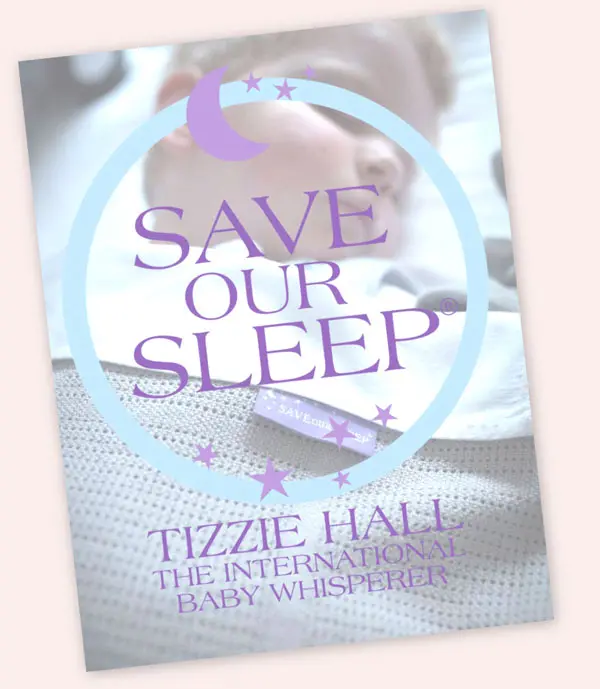Not getting enough sleep is a big problem for the body and mind; after all, sleep deprivation was used as a form of torture during the world wars. Unless you have looked after a baby that does not sleep, it is difficult to try to imagine what this is like.
Sleep deprivation can cause:
• depression
• short temper
• guilt
• mood swings
• fatigue
• irritability
• careless mistakes
• difficulty concentrating
• slower reaction times
• increased stress levels.
Not all new parents will become sleep-deprived; you can manage with very little sleep for the first eight weeks or so. But when sleepless nights continue for months, sometimes even years, the results can be debilitating.
Mothers should try to get off to a good start. This means following the good old-fashioned rule of spending the first ten days after the birth mainly in bed, staying in your dressing gown and not tidying up or checking what has not been done in your absence!
Try to take the phone off the hook at least once a day and attempt to have an uninterrupted nap for an hour or longer. Rushing around too much will make you more and more tired and may even cause your milk supply to suffer.
Don’t worry if around day four you start to cry: this is what they call the baby blues and it comes on as much from tiredness as from hormonal changes that are beyond your control.
While at first you may feel too tired to get all the normal daily tasks done, as the weeks go on these tasks can mount up. What was a couple of little jobs becomes hundreds of little jobs, all piled up into a great big mountain you can’t seem to see past.
The overall feeling I get from a lot of my female clients is an amazing sense of guilt. They feel guilty because the jobs aren’t done or that there’s no dinner for their partner when he returns from work. Sleep deprivation can mean they even feel too tired to go to their crying baby or change their baby’s nappy and this makes them feel even more guilt. And then when sleep finally does come, your overactive mind might play games with you, waking you up in the middle of strange dreams which then prevent you from getting back to sleep.
This lack of sleep and energy causes many mothers to feel they are hopeless failures and that they are letting their partner down because he is unable to have a good night’s sleep either and has to work during the day.
Many of these partners tell me how they themselves feel guilty because they are not doing more to help. They feel bad for having to work each day, leaving their partner feeling alone and run-down, and explain how exhausted and worried they feel, and how this affects their own work.
With these pressures it’s no surprise that the relationship between sleep-deprived parents can become strained. Couples who claim to have never fought before their baby was born tell me how they fight all the time over the silliest of things, like what to eat for dinner or who had the car keys last, and how they never make love any more because they are too tired.
After only a few days of sleep deprivation, the body undergoes changes similar to ‘fast-forward’ ageing: memory loss, metabolism problems and poor athletic performance. If sleep deprivation continues over the long-term, it increases the risk of more serious problems.
If you need support please reach out to PANDA or Lifeline on 13 11 14

Join our newsletter and receive a FREE download of the world famous Save Our Sleep Safe Bedding Guide delivered straight to your inbox!
PLUS you will also receive a thank you gift offer shortly after.